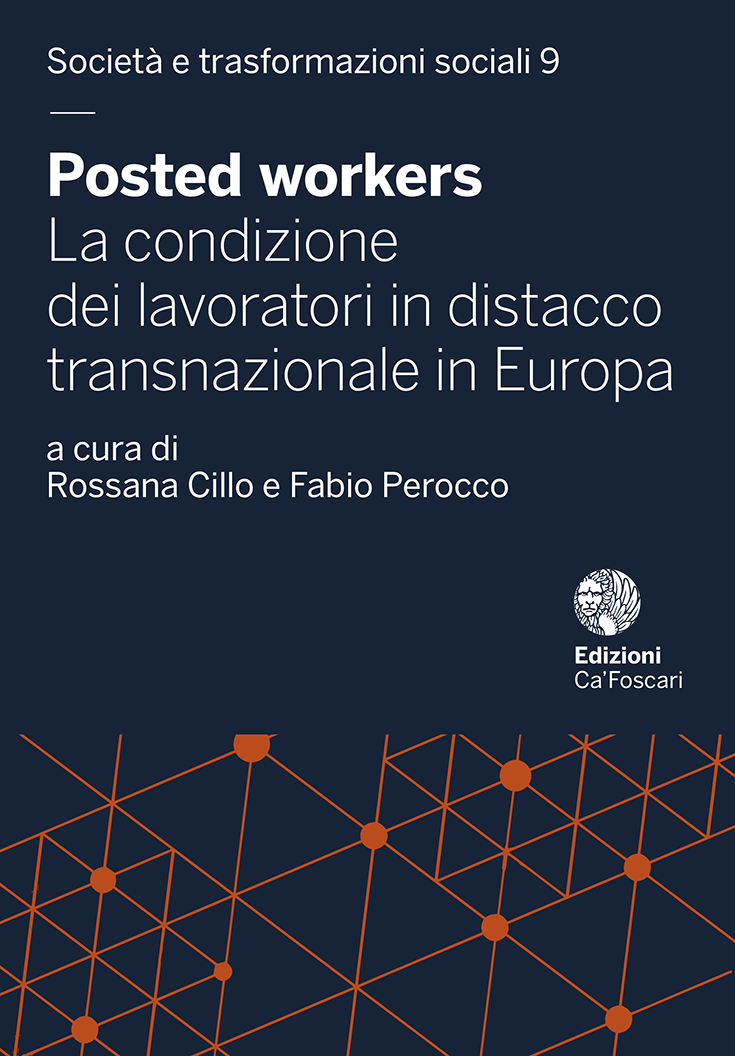- search 170 views
- file_download 11 download
- keyboard_capslock metadata
-
mark_email_readIscriviti alla newsletter
Il distacco transnazionale come terra di tutti e di nessuno
Dalla destrutturazione del rapporto di lavoro al rigore del modello svizzero
abstract
Constantly growing, with 2.5 million out of 17 million mobile workers, transnational postings represent one of the most widespread modes of cross-border work within EU countries. The reasons lie in the flexibility of work organization, in the demand for qualified professionals, in the free movement of people and goods, but also in the philosophy of a rule that has its roots first in commercial law than in labour law, a system strongly oriented only to the freedom of enterprise. However, collaboration between the business system, social representation and inspection bodies can lead to effective management of the phenomenon. The comparison between the Swiss model and what happens in countries that import labour, mostly non-European, indicates a possible future perspective.
Keywords: Collaboration • Dumping • Precariousness • Cross-border • Non-European • Flexibility





